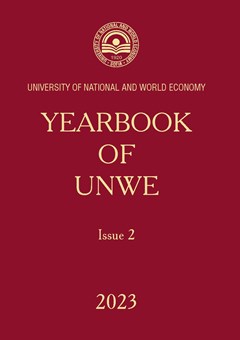Relevant and Quasi-Relevant Management Accounting Information
Author: Michael Musov
Abstract
This paper examines two criteria for relevance of management accounting information: the decision and the decision process. The study aims to show whether the information that is relevant to both the decision and the process of decision making (process-relevant) can lead to predictably different decisions compared to the information that is relevant to the decision but irrelevant to the decision process (process-quasi-relevant). Based on Drury (2018, p. 285) a field experiment was designed to test the hypothesis employing 352 students and PhD students. The results generally support the view that process relevance seems to be a superior to decision relevance as a qualitative characteristic of useful management accounting information. Fully rational agents would derive the same meaning, and thus the same utility, from both process-relevant information and process-quasi relevant information. Boundedly rational agents, however, as confirmed by the field experiment, derive different utility from the process-relevant information and the process-quasi-relevant information. If management accounting aims to partner managers in decision making, the focus of generating and communicating the information should be on the core driver of the better decisions, and this intuition suggests that the decision process should be a pivot for the management accounting information.
JEL: M41, D91

